 Amid all of the discussion about the multiple ‘walled gardens’ being set up to push DRM-ed ebooks to devices, a Paris-based team have been steadily building a system to push books anywhere and shipping more books than Apple in the process.
Amid all of the discussion about the multiple ‘walled gardens’ being set up to push DRM-ed ebooks to devices, a Paris-based team have been steadily building a system to push books anywhere and shipping more books than Apple in the process.
Of course, the books are free so the comparison is dodgy, but let’s put the figures out there: in the first 28 days of iBooks, Apple distributed 1.5 million ebooks while Feedbooks distributed out 2.6 million ebooks to iPads, iPhones, PCs and Android devices.
They describe themselves as “a cloud service for digital publishing/distribution” and if you are interested in the back end of things they have a strong commitment to OPDS:
For those of you who are not familiar with OPDS and the BookServer ecosystem:
The BookServer is a growing open architecture for vending and lending digital books over the Internet. Built on open catalog and open book formats, the BookServer model allows a wide network of publishers, booksellers, libraries, and even authors to make their catalogs of books available directly to readers through their laptops, phones, netbooks, or dedicated reading devices. BookServer facilitates pay transactions, borrowing books from libraries, and downloading free, publicly accessible books.
Feedbooks contributed to this effort and continues to maintain an OPDS catalog following the recent developments on the specification.
It has made them the free ebook system of choice for multiple systems, notably the leading eBook apps for iPad/iPhone and Android: Stanza and Aldiko. What this means for a self-published author is that without having to go through any kind of approval process, you can have your work available on millions of devices within minutes of finishing it.
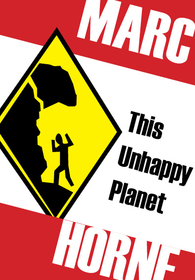 I have put both of my novels on Feedbooks, with good results (in the region of 80-100 downloads per novel per day at the moment.) You simply sign up and get to work publishing. But I’ll admit, it is work. They make you do the job of sectioning and slicing your book into chapters through an interface that would work well for blogging at WordPress, but which is ill-suited to formatting an existing manuscript:
I have put both of my novels on Feedbooks, with good results (in the region of 80-100 downloads per novel per day at the moment.) You simply sign up and get to work publishing. But I’ll admit, it is work. They make you do the job of sectioning and slicing your book into chapters through an interface that would work well for blogging at WordPress, but which is ill-suited to formatting an existing manuscript:
Whenever we use a word processor or do any sort of text editing, we usually work on a single flow of text.
Rather than dividing the text into separate elements, we modify the style of the text to give a visual indication that there’s a division: a slightly bolder font or a different alignment.
Feedbooks rely on a different paradigm: we consider that the structure of the text is very important.
Thanks to this structure we can automatically build a table of contents or divide the text into multiple text flows (which is necessary for advanced formats such as EPUB).
Based on the output format we can also style things differently: while Mobipocket provides limited options for chapter headers, we can create good looking ones in PDF and ePub.
I was lucky enough that a fan of my first novel put it up for me, but I took on the task myself for my recent second novel: you manually define sections and chapters, add chapters and paste in content, scroll around to find where they appeared, notice that some key formatting features like footnotes don’t work in all browsers, and so on. However, having stressed how badly it works, it’s all over and done with in twenty minutes and the upside is that you have a well structured, easily browsable end product.
Once you have done the initial input, it enters the system and you have complete control from that point on. For example, for last Free E Day I decided to do a special edition of the book. I simply uploaded a new cover, a new product description and added a chapter of Author’s commentary. Push ‘publish’ and it was up. Spot a typo: change it. Decide you want to make just the first half of the book available for free: chop it.
There’s not much to dislike about Feedbooks. Yes, it is only suited to distributing ‘free’ material, and yes, you are going to have to struggle to be heard over a massive amount of superhero fanfic. Also, since it is so easy to get a book from Feedbooks via your phone while you wait at the dentist’s, a writer can wonder how many of their downloads are actually being read. But ultimately when you see a title breakout with 20,000 to 50,000 downloads, it’s clear that this is an important channel for getting your work out to the world.
–
Marc Horne is the author of the novels This Unhappy Planet and Tokyo Zero which are both available at Feedbooks, among other channels.
Read an interview with Marc Horne here.
Get an Editorial Review | Get Amazon Sales & Reviews | Get Edited | Publish Your Book | Enter the SPR Book Awards | Other Marketing Services












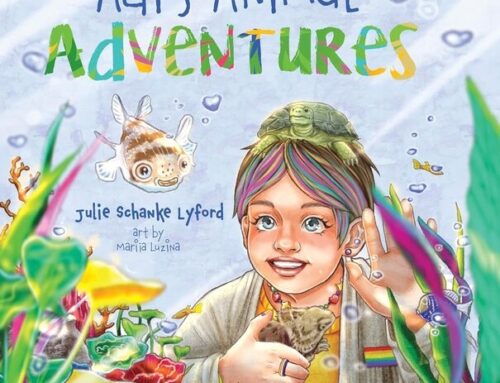
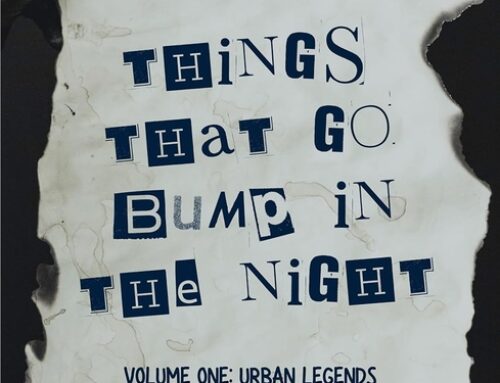
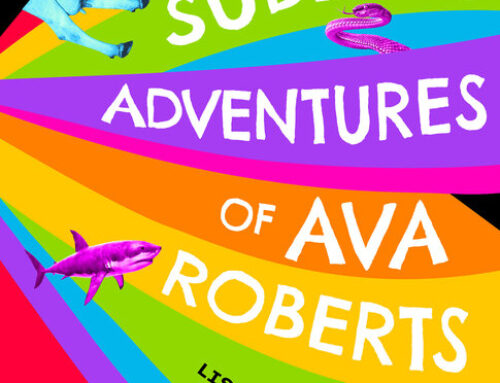

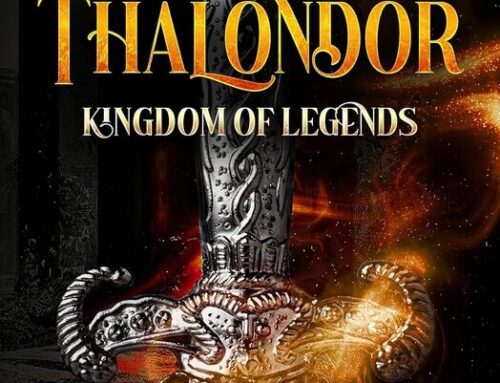

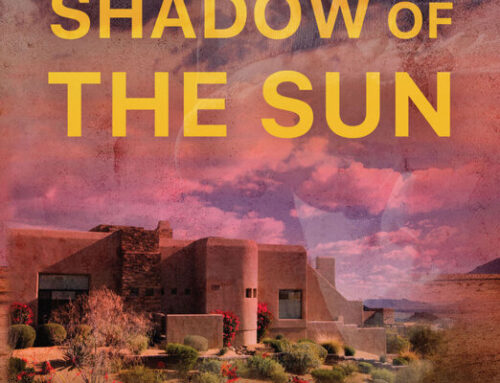
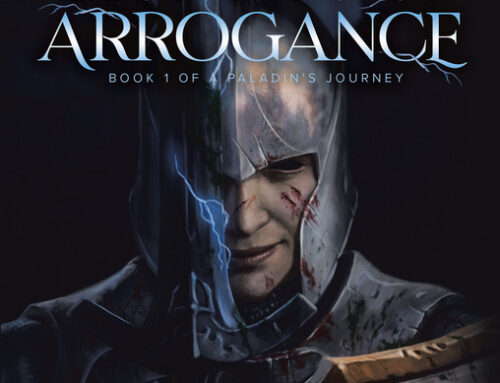
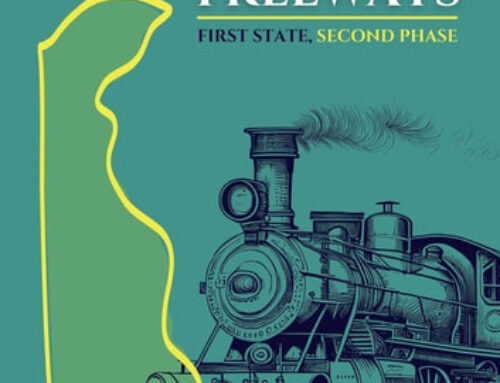
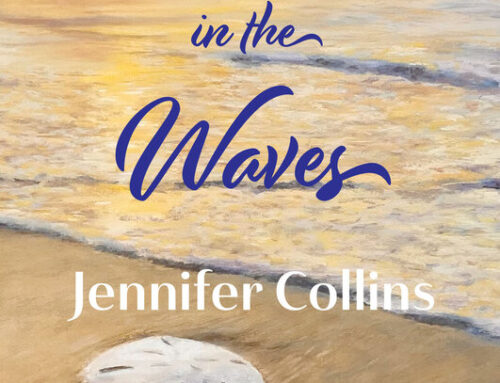
Question: Tokyo Zero has 24,000 Feedbooks downloads. Have you seen a spike in print sales in that time, or at least increased Amazon reviews? In short, do you get a sense people are reading the book?
Tokyo Zero is a weird example because it had 20K+ downloads before it ever appeared on Feedbooks, and I have never tried to actively ‘cross market’ the print and Feedbooks versions. I’ll probably do something like that with the Print Version of This Unhappy Planet once I get European POD set up.
I have actually met people who have read Tokyo Zero! But I would be surprised if all 50k downloaders read it.
By the way, Hadrien from Feedbooks has let me know that they have next-gen analytics coming soon including which platforms the readers are on etc.
Something of a post script to this. Five minutes after I put my own novel on Feedbooks (http://www.feedbooks.com/userbook/12823) someone put out a CD-ROM version of my novel on Amazon:
http://www.amazon.com/American-Book-Science-Fiction-Novel/dp/B003O30BW2/ref=tmm_other_title_0 (this may soon get taken down)
My novel’s protected by a Creative Commons No Derivatives license. I still advocate for Feedbooks because the number of downloads I’ve had in 24 hours is worth it, but it’s a reminder that sh*t happens. Here again is Cheryl Gardner’s piece on Creative Commons and stolen property:
https://www.selfpublishingreview.com/blog/2010/03/02/when-a-cc-license-becomes-a-pita-or-worse-a-pain-in-your-bottom-line/
Note about sales correlating to download figures: I’ve got a few chapters of my first book available for download (using P2P sites instead of book sites). 3 chapters, a total of 40,000 downloads / so about 13k each. Hasn’t influenced sales at all. Really, not a bit, yet.
My second I’ve made free yesterday and put the entire thing up. 150 downloads in 24 hours, and after a few months that’ll probably be in the thousands as well. Doubt it’ll influence sales, but it’s an experiment. I’ll echo what Marc said as well: I doubt all who download actually read the work. Also, those that did and wanted to buy it lived overseas and thus didn’t have a way of purchasing the full work. Of those 40k downloads, only 16k were in the United States. Divide that by 3, means probably 5k people read all three chapters. But that didn’t translate into even %1 of physical or full ebook sales.
Oh, you posted yours on feedbooks the same day I put mine on P2P sites; downloads are around the same # so far, I’m about up to 150. Though I chose not to use creative commons, and instead did a copyright and wrote out the specific exemptions I’d allow.
I’ll also say this: this second release, I’m specifically writing in the beginning of each book a request to consider writing a review on amazon or consider buying a physical copy. A business consultant advised that, and talked about how just getting downloads isn’t the same as getting downloads + specifically asking people to consider doing more. He mentioned that people may have good intentions and be willing to buy a copy to support an author, but wont do it or will forget unless they have been asked. If even 0.1% do that, that’s a win. It’s an experiment, still.
Which P2P sites do you have the book listed?
I used mininova.org for the initial plant – they used to be the largest P2P torrent site, but instead of being shut down they decided to go legal and host only user-created works. From there, all the other torrent sites scrape their content and redistribute it across other sites as well. Here’s the profile and uploads I set up, for example: http://www.mininova.org/user/KelinDK
Most users on Feedbooks:
– have and use a dedicated reading device
– or download books straight from a reading application
Which means that they’re more likely to read your book than an average download on the Web.
Territories can be meaningful too: I’ll add them to the list of stats to display in the near future (FIY, US is > 50% on Feedbooks).
Thanks, Marc, this is much-needed analysis of one the best tools out there for DIY authors. While on the surface I would welcome more analytics and insight, I deliberately haven’t checked my stats since I uploaded selected chapters of one of my works. What’s it going to do for me? How is it going to improve my delivery of the best work possible to readers? Unless it’s going to improve my writing, it’s just another complication in my life that I don’t need.
I disable the stats on my blog as well. If I was in this to measure how much the world loves me, then I’d already have killed myself by now.
I’ve argued in the past–and I’m not altogether sure I even buy my own argument just yet–that while it’s imperative for DIY and mainstream authors to become more familiar with the technology to reach readers, it can easily become a distraction.
I’ve seen authors agonizing over download:reader ratios. And what are they going to do about those numbers? *Especially* that we’re talking about free content, it’s even more difficult to measure interest. The newspaper industry tried measuring stats and realized they were getting significantly fewer readers once they instituted a pay wall, but then looked at the higher quality of those readers both in terms of loyalty and disposable income and reaped in more advertising dollars. We’re not doing that. We can’t.
Search and findability, and categorization, are really where I would look to emphasize where we ought to be paying more attention.
So let’s keep improving the tools, but let’s also not forget that it’s about excellent writing, regardless of form, that will always attract readers.
lovelenox.
I think the value of the stats comes in in those cases where the writer is also taking on the role of marketer for her work. If she is focusing on publicizing the Feedbooks channel as part of her ‘marketing mix’, the stats tell her if that work is paying off. The other interesting thing about the stats at Feedbooks is they are recursive. Once you make it to the top ten in new releases you are on the de facto download screen on phones, which means you are likely to stay on that screen. Like David Bowick: he is practically installed on the iPhone at this point! And ubiquity on any channel starts to build a brand that you can leverage for you revenue-generating plans.
But, notice all of those nasty marketing words! You might be able to attract lots of downloads with a catchy title, cover and blurb but you can only build a meaningful reputation and effect meaningful change on people by writing well.
It’s all a beauty contest, and sometimes the loudest dress wins, not the prettiest girl, or the smartest or highest achieving.
You’re exactly right about the stats and using them to measure our own efforts. However, what is more meaningful to me as an independent writer are the comments I receive from peers and writers–the critiques of substance, sometimes posted publicly on our Year Zero site (http://yearzerowriters.wordpress.com) or sometimes by email privately.
I’d love to make writing what I do for a living. I would love more than anything to get up every morning and make breakfast for my kids and send them off to school while I head to my dining-room-table-office and write for 10 hours. (And use some of that time market my work, of course as well.) But it’s not going to happen. So instead of trying to eke out a few dollars from $.99 Amazon listings leveraged off of a few hundred Feedbooks or Smashwords downloads, I don’t even bother looking.
Maybe you’ll change my mind. But right now I enjoy the act of writing, sharing the good stuff with people, and learning from other writes.
lovelenox.
Lenox, you’re stronger than me because I’m overly attached to checking Feedbooks stats. That’ll die off, but for someone who scratches and claws to find readers, watching the downloads go up is very satisfying. I probably won’t make a living either, but those download numbers are almost like money.
Good stuff about David Bowick – http://blog.feedbooks.com/?p=357
“Hello David, “How to disappear completely” is the most downloaded self-published ebook on Feedbooks with over 50k downloads since you first published it a little over a year ago. How do you feel about this?
I am completely baffled, honored, and really excited about it. When I published on Feedbooks, I thought it might be a good way to share my ebook with a few friends and family. Then a short while later it was the top original book on Feedbooks and has stayed there since. There are a lot of things that happened because of my book being on Feedbooks. A German translations is on its way, a screenplay deal was discussed, and people all over the world have blogged, commented, reviewed, Tweeted, and donated money to help fund the writing of a follow-up through my website. There is no other avenue of free distribution that could have spawned so many wonderful things.”
His site: http://www.davidbowick.com/
“a brand that you can leverage for you revenue-generating plans.” Dude, wash your mouth out.
This comment is aimed at writers in general – it’s not aimed at Marc, who is one of the 5 or 10 writers I respect most in the whole world.
Seriously, Lenox has a very very important point. Worrying whether we’re making $500 or a $1000 a year from writing is just not worth it – those kind of stats will not build us a career as writers. The only thing that will is consistent delivery of jawdroppingly good writing, year in year out. This sounds like a great way to do that, but it’s all too easy to focus on what these sites can do for one or two books – but one or two books don’t make a career. Fans make a career, and fans will only come if you deliver the full scotch bonnet.
Put simply:
– distribution sites get your work out there. This is very important, because it’s how you get fans – no exposure, no fans. Because the landscape is changing so fast, they will always workl on spikes. Spikes are great for getting your work out there again – and great for one-off bursts of sales. But a one-off burst of sales will do very little for your career. So go for the numbers – and go free, because if you want long-term success that’s the only way of using these platforms that really makes sense. Use them for free wherever you can, and strictly control whatever it is you want to sell – such as the hard copy of the book – again, and for indie writers I just can’t say this enough – FORGET AMAZON. Why do you do it? Yes, you may sell more of THIS book, but so what? Think career. Career = fans. Fans = people prepared to buy from your website – or the very cool indie etailer you’ve hooked up with. All Amazon will give you ios a massive dip in cred.
Unless, of course, you are interested in boosting visibility to get a publishing deal, in which case your indie cred doesn’t need to take any more of a dip
Curious why you think Amazon drains credibility. For many, Amazon increases credibility because it’s the main online site. Seems like it would only dip cred with true DIY zealots, which is a pretty small subset. Isn’t the idea to reach everybody?
Sort of another topic. Do you have a link to your thoughts somewhere (or want to write something here)?
Henry, I’d love to write something here. Shall I e-mail you?
And yes, I agree it’s a point for the real indies – I think I said that. BUT, and this IS important – if people are too mainstream in what they write, I think self-publishing is less appropriate, because they stand out less – and teh return on effort is smaller.
Ha! I really enjoyed writing that, and was only disappointed that I couldn’t get ‘platform’ in there somehow.
The beauty of a life in writing is that, unlike a pop career, it potentially lasts for decades. So far, even a really mainstream-friendly book with the most ever Feedbooks downloads has only a German translation and a tip jar to show for it. But… lots of fans, lots of connections with people. And speaking for myself I have even made some good friends through this kind of free distribution.
As for how this leads to a ‘career’ in writing: it’s up in the air. Maybe those days are gone. Like Mick Jagger recently noted about music, “there was a small period from 1970 to 1997, where people did get paid, and they got paid very handsomely and everyone made money. But now that period has gone.” Then again, maybe he has a tax audit coming up or something. And I’m sure the re-issue of “exile” is not being done just for fun.
My attitude: it’s cowboy time right now and for the next 5 years at least. Don’t expect to make money, try to become known as a good writer. When the smoke settles, you will have your readers and your reputation and then let’s see what will happen.